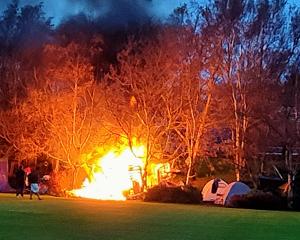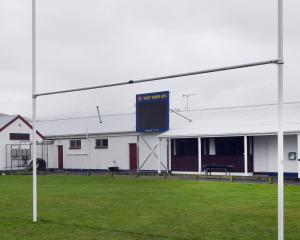The University of Otago researcher, based in Christchurch, spoke to about 100 people in Dunedin this week at an event organised by the Zonta Club of Dunedin-Otago in celebration of International Women's Day.
In November last year Prof Winterbourn became the first woman to be awarded New Zealand's highest science and technology honour, the Rutherford Medal, by the Royal Society of New Zealand.
She said being the first female Rutherford Medal recipient probably reflected a paucity of female scientists in her generation.
"When I started off in science there were fewer women for sociological reasons, so the pool of [female] scientists was smaller and the award is one generally given at a later stage in your career. A lot of awards for young scientists are now being dominated by women and there's no doubt they're doing extremely well. I'll be the first of many, I think," she said.
Like many women, Prof Winterbourn, followed her husband instead of prioritising her career, "because that was the thing to do".
"I went where he went: to Massey, overseas and then to Christchurch."
She did not think this hindered her life, and encouraged women to take opportunities when and where they arose.
"Don't worry too hard that you're making the right decision to start with, but make the most of your opportunities. You never know what direction they're going to take you in," she said.
Benefit could also be derived from learning about others' choices, mistakes and circumstances, Prof Winterbourn noted.
"Women don't need to be on the defensive and say things are bad or too hard," she said.
She directs the free radical research group in the pathology department of the university's Christchurch campus, has published more than 260 scientific papers, and was one of the first scientists to demonstrate that cells produce free radicals as part of their normal functioning.
Prof Winterbourn has also characterised some of the chemical reactions of free radicals which occur in diseases including cancer, stroke, coronary heart disease and arthritis, and is an international authority on free radical biology.












